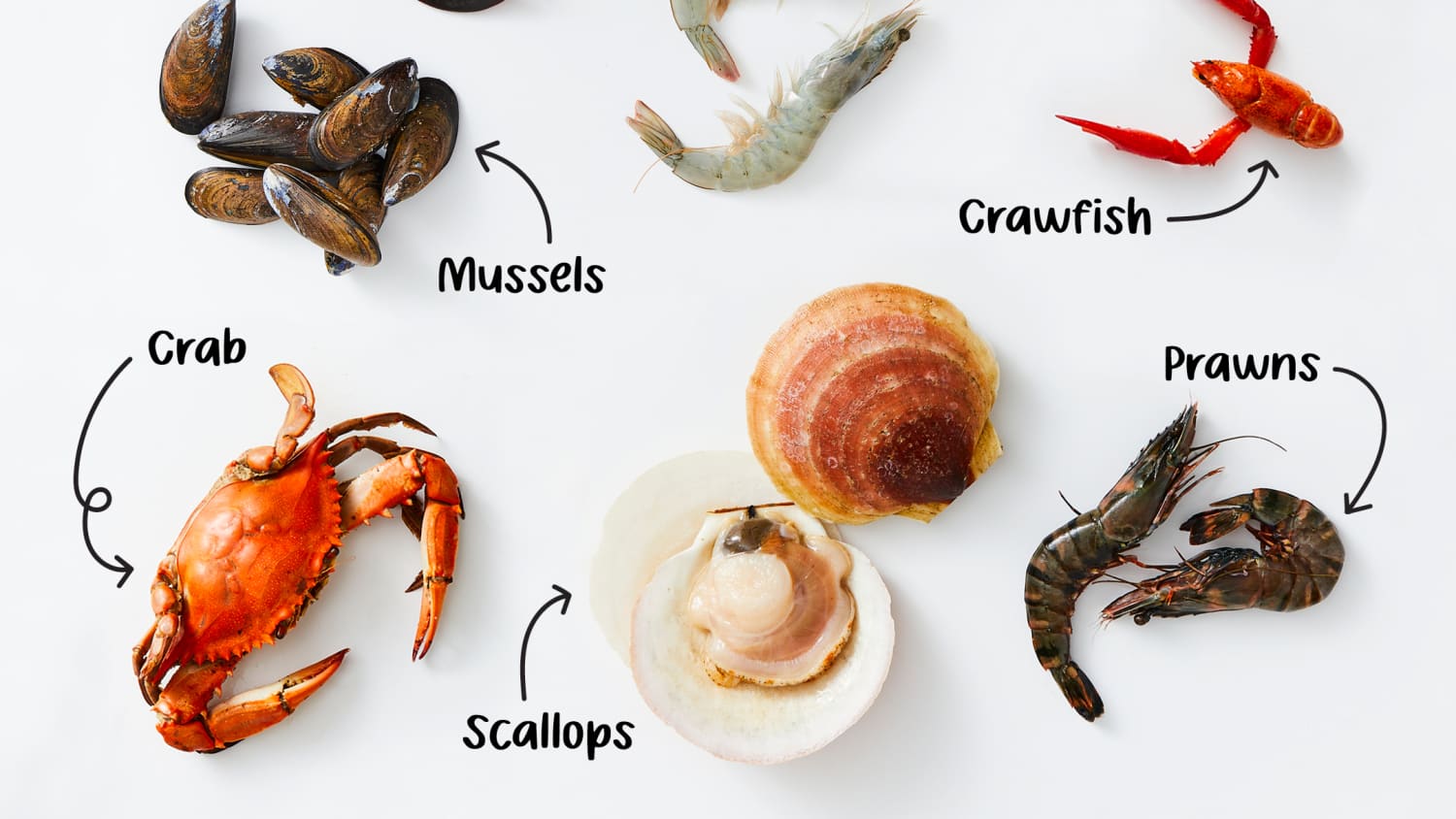 Elevate your skin care with the following diet
Elevate your skin care with the following diet
The skin glow nutrition, as the largest organ of the human body, constitutes approximately one-seventh of total body mass. Its primary role is to act as a protective barrier, safeguarding the body from external elements such as ultraviolet (UV) radiation, extreme temperatures, pathogenic organisms, and toxic substances.
While many individuals prioritize external skin care through moisturizers, sunscreens, and other topical products, Skin glow nutrition diet in maintaining skin health is often overlooked. Nutrients such as selenium, zinc, omega-3 fatty acids, and vitamins A, C, and E play critical roles in preserving skin hydration, elasticity, and protection against oxidative and UV-induced damage.
Consuming foods rich in these nutrients may help delay signs of aging, mitigate skin-related conditions, and enhance skin moisture and elasticity. Below are 13 food sources identified as beneficial for skin health:
Strawberries
Rich in vitamin C, anthocyanins, and other bioactive compounds, strawberries promote skin health by protecting cells from oxidative damage and aiding collagen synthesis.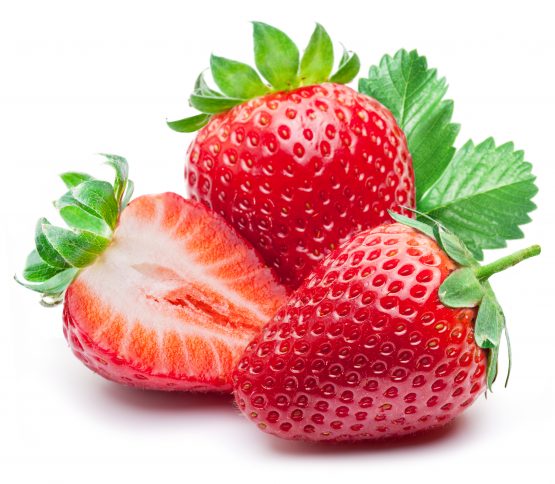
Kimchi
This fermented food, high in probiotics and nutrients like vitamins A and C, supports gut health, which is closely linked to skin condition, potentially reducing the risk of acne and psoriasis.
Blood Oranges
Containing high levels of anthocyanins and vitamin C, blood oranges provide anti-inflammatory and antioxidant benefits, protecting skin from damage and aiding collagen production./images.kitchenstories.io/wagtailOriginalImages/A568-content-photo-5.jpg)
Sunflower Seeds
Packed with vitamin E, selenium, and zinc, sunflower seeds support wound healing, skin elasticity, and protection from oxidative damage.:strip_icc()/BHG-When-and-How-to-Harvest-Sunflower-Seeds-for-Eating-1uNCiGMy4NvAJXZDXOOpPI-98705872dd19435c9170296d6e2889cd.jpg)
Bone Broth
Rich in gelatin derived from collagen, bone broth supplies essential amino acids, such as glycine and proline, necessary for collagen production and skin repair.
Organ Meats
Organ meats, like liver, are highly nutrient-dense, providing skin-essential minerals such as copper, selenium, and zinc, which protect against oxidative damage and support collagen maturation.:max_bytes(150000):strip_icc()/OrganMeats-c8ab2a03aa104dfcb05702b535f48b66.jpg)
Shellfish
Shellfish, particularly oysters, are excellent sources of zinc, selenium, and omega-3 fatty acids, which contribute to skin cell repair, regulate inflammation, and protect against UV damage.
Broccoli
This cruciferous vegetable offers fiber, vitamin C, and polyphenols, compounds that protect skin proteins, support skin regeneration, and improve blood circulation.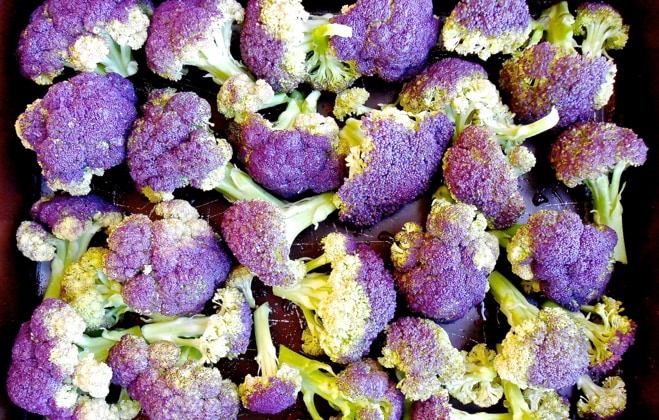

Trout
As a rich source of vitamin D and omega-3 fats, trout aids in skin barrier function, immune response, and protection from inflammatory skin disorders.
Watermelon
Due to its high water content, watermelon helps keep the skin hydrated. It also contains antioxidants like lycopene and beta-carotene that contribute to skin cell protection.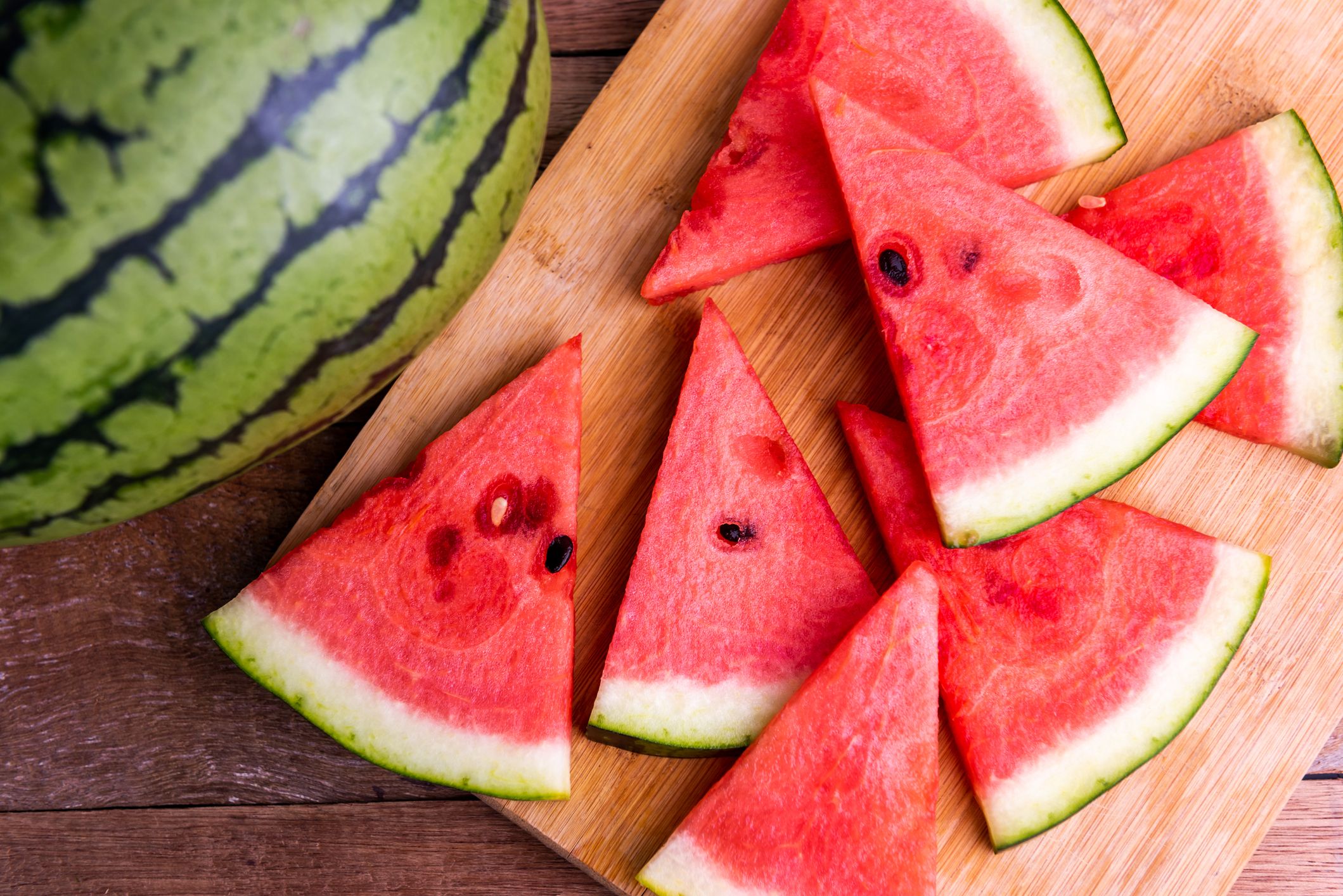
Cherries
High in antioxidants such as anthocyanins, cherries support skin health by reducing oxidative stress and promoting healthy sleep, which is vital for skin regeneration.
Tomatoes
Tomatoes are a key source of lycopene, which has been shown to protect the skin from UV damage and improve skin appearance and pigmentation.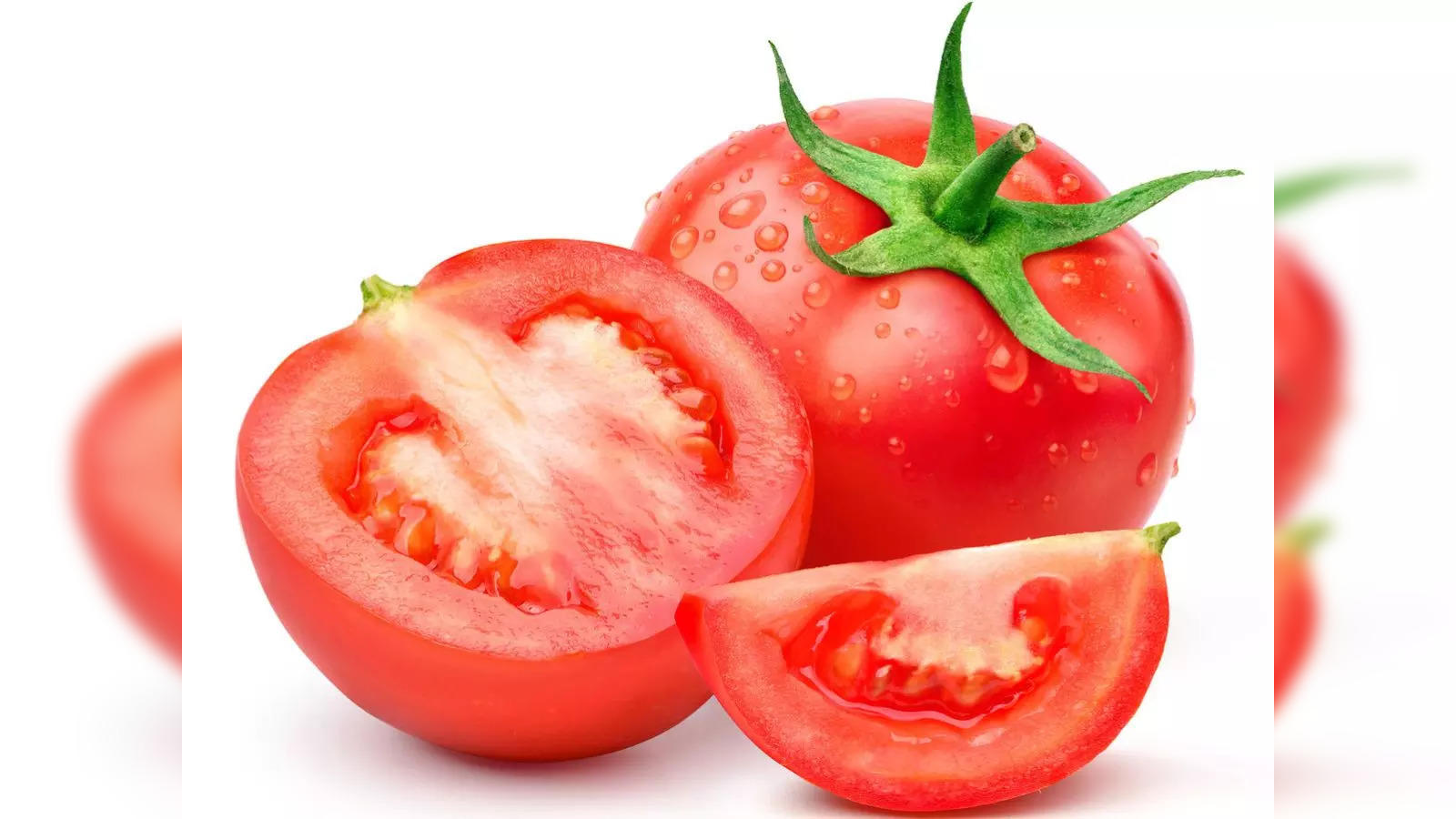
Smoothies
Smoothies made with fruits high in vitamin C, healthy fats, and protein offer a convenient way to deliver skin-nourishing nutrients. Adding collagen peptides may further improve skin texture, elasticity, and hydration.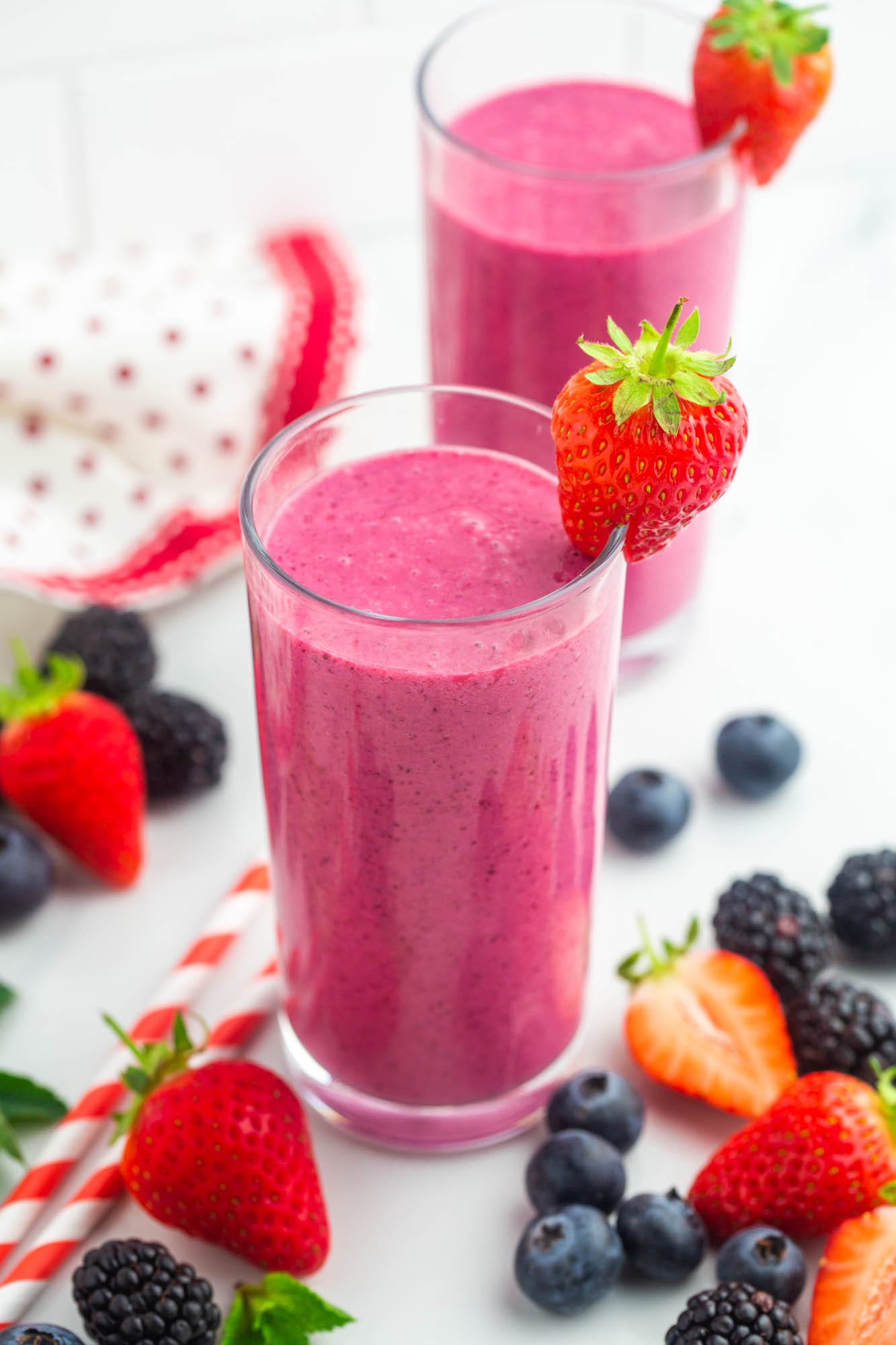
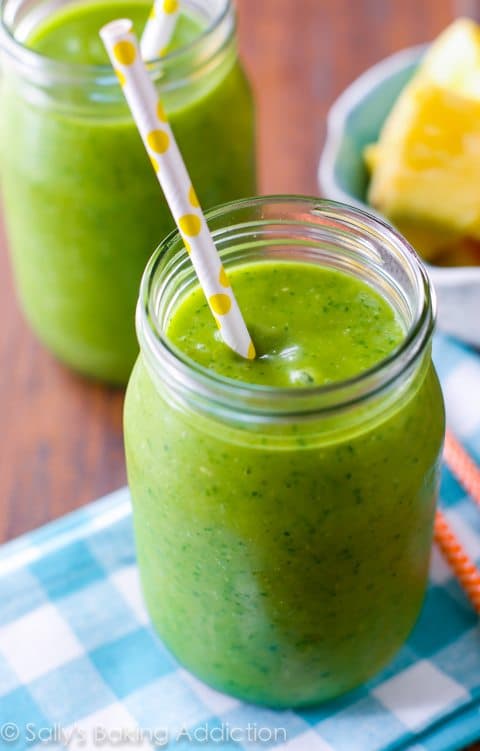
Regular consumption of these nutrient-rich foods can contribute to healthier, more resilient skin, providing both protective and restorative benefits.

